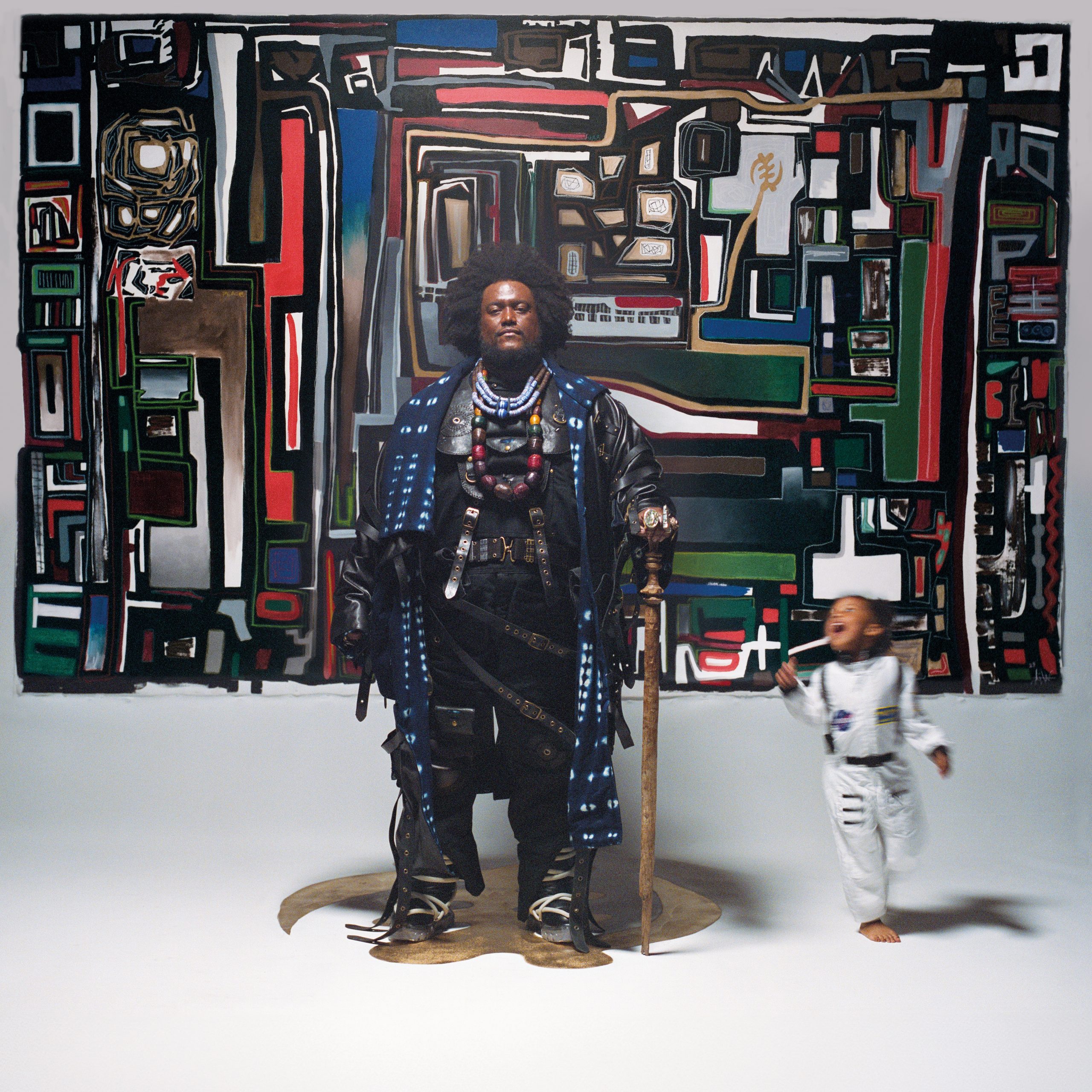
As an ambitious creator of new musical worlds, visionary saxophonist Kamasi Washington wants to understand and proclaim the power of love. He wants to come to terms with his mortality. He wants to make people dance. And he certainly wants people to stop hating on jazz.
Mixing jazz horns with afrofuturist concepts, spiritual transcendence, and a broad palette of musical fusions with funk, hip hop and soul music, Washington has lots to say on an album whose title accurately describes his modus operandi. Seen as perhaps the brightest hope in jazz as a player, composer, and collaborator whose music will attract a younger, more diverse audience, Washington previously scored Becoming, the 2020 documentary on Michelle Obama,formed a “jazz supergroup” with Terrence Martin and Robert Glaspar, and has guested on records by Ryan Adams, The Twilight Singers, Ibeyi and St. Vincent among others. His sprawling, prismatic, spiritual recording projects under his own name, including his aptly-named debut, The Epic, and its equally ambitious follow-up, Heaven & Earth, provoke diverse responses, which is exactly what they were meant to do.
Washington’s star turn on Kendrick Lamar’s landmark jazz/hip-hop hybrid To Pimp a Butterfly has made his horn and original blend of jazz, hip-hop, and soul music cool to many listeners who think jazz is too serious, too stuffy, and, frankly, too damned old. Following in the footsteps of Miles Davis during his Bitches Brew innovations, Washington makes jazz for those who don’t like jazz. Often asked in interviews about how he’s made jazz palatable to a younger audience and those who don’t “like” jazz, his gregarious, amiable responses are to the point:

“When I first played some Coltrane-type stuff on To Pimp a Butterfly, Kendrick got it immediately. `I want it to sound like it’s on fire,’ he’d say. That’s the kind of common ground that the best jazz and hip-hop have.” Even better is Washington’s standard response to those who like his music but not jazz. “I’ve had experiences where people say, `I hated jazz before I heard you guys’, and I’m like, `You didn’t hate jazz before you heard us; you hated the idea of jazz’.”
In a 2015 conversation just before The Epic was released, Washington told me that he could relate to those who feel that jazz is too caught up in blazing technique and allusions to the music’s glorious history. His solution was for jazz musicians today to express in their art more of who they are and what they are actually feeling. There is absolutely no doubt that the burly, cerebral Los Angeles-based saxophonist feels a very personal connection to his art and is fully committed to his recording projects. To bring his full-tilt, multi-coloured visions to life on Fearless Movement required the backing of both his road band and an extended musical family. From the first cymbal hits on “Lesanu”, the prayer-like track that leads off Fearless Movement in words from the Ethiopian Orthodox bible, it’s clear that art and life, future and past, the temporal and ethereal, are going to fuse into a genre-defying futuristic musical concoction underpinned by Washington’s horn explorations and personal resolve. As jazz for the non-jazz audience, Kamasi’s happenings, because that, in essence, is what these compositions are, strive to be both unifying forces and spiritual oracles. Musically, Fearless Movement is centered, as Washington has mentioned in interviews about the album, on rhythm. Two drummers, Tony Austin and longtime Washington friend and collaborator Ronald Bruner Jr., are supplemented on one track by drummer Robert Miller, and three other percussionists on other tracks. In a forceful cover of “Computer Love”, originally written and performed by the ‘70s Ohio funk band Zapp, Patrice Quinn sings verses enlivened by appearances by keyboardist Brandon Coleman on vocoder and turntables by DJ Battlecat. The awesome funk jazz journey “Asha The First,” named after Washington’s daughter who was born during the pandemic and appears as a scampering blur on the album’s cover, gets to the heart of this collection’s mission statement. In lyrics he penned, Washington wrestles with his daughter’s bright future set against his own impending mortality.
“Trying to balance your focus
Anything can become your everything in the moment
Every moment for me brings me closer to eternity
And you might think that that’s closer to uncertainty
But perfect you
That’s a perfect me
In a perfect world that can never be
I recognize you’re the future
Life shines from the tree.”
After a fluid bass solo by Thundercat and anguished cries on tenor from Washington, rapper brothers Ras and Taj Austin, sons of rapper Ras Kass, take over in a rhyming interpolation that in the end isn’t a natural fit. Admittedly, the amalgam of mixing hip hop into jazz tracks has yet to be perfected, and while Washington does it better than most, the rap sections on this album feel dropped in rather than part of a cohesive plan. They stick out and do not integrate seamlessly into Washington’s carefully constructed superstructures. The other problematic new flavour here, especially for Washington who is nothing if not serious about his music, are this album’s party tunes, headed by “Get Lit,” where Kamasi disappears almost entirely as George Clinton and California rapper D Smoke team for a funk jam. Jazz was once the dance music, and Washington clearly aims to reach back here and touch that moment in history. But happiness and fun are harder to write about than serious subjects and “Get Lit”, which has been released as single, may send hip-hop fans one way and jazz fans another. Supported by a chorus of voices and a flute solo by Rickey Washington, Kamasi’s father, “Smoke” delivers a long message with lines like:
“Now two hands high if you like pecan pie
(I Do)
And two hands low if you like to dance slow
(Don’t you)”
The album grows stronger in its second half where Washington becomes less of a maestro and mostly just plays his horn. The spare “Dream State”, where Washington has switched from tenor to alto saxophone and performs a funky dance with the processed flute of Andre 300, gets in a groove and stays there. The smooth and sleek, “Together” where BJ The Chicago Kid sings provides Washington with a venue to show how beautifully he can inhabit a ballad. Lyrically, it’s a welcome detour into a simple message:
“Become one love
With this passion that, never fades
Through the days
We’re ok, if we stay
Together…”
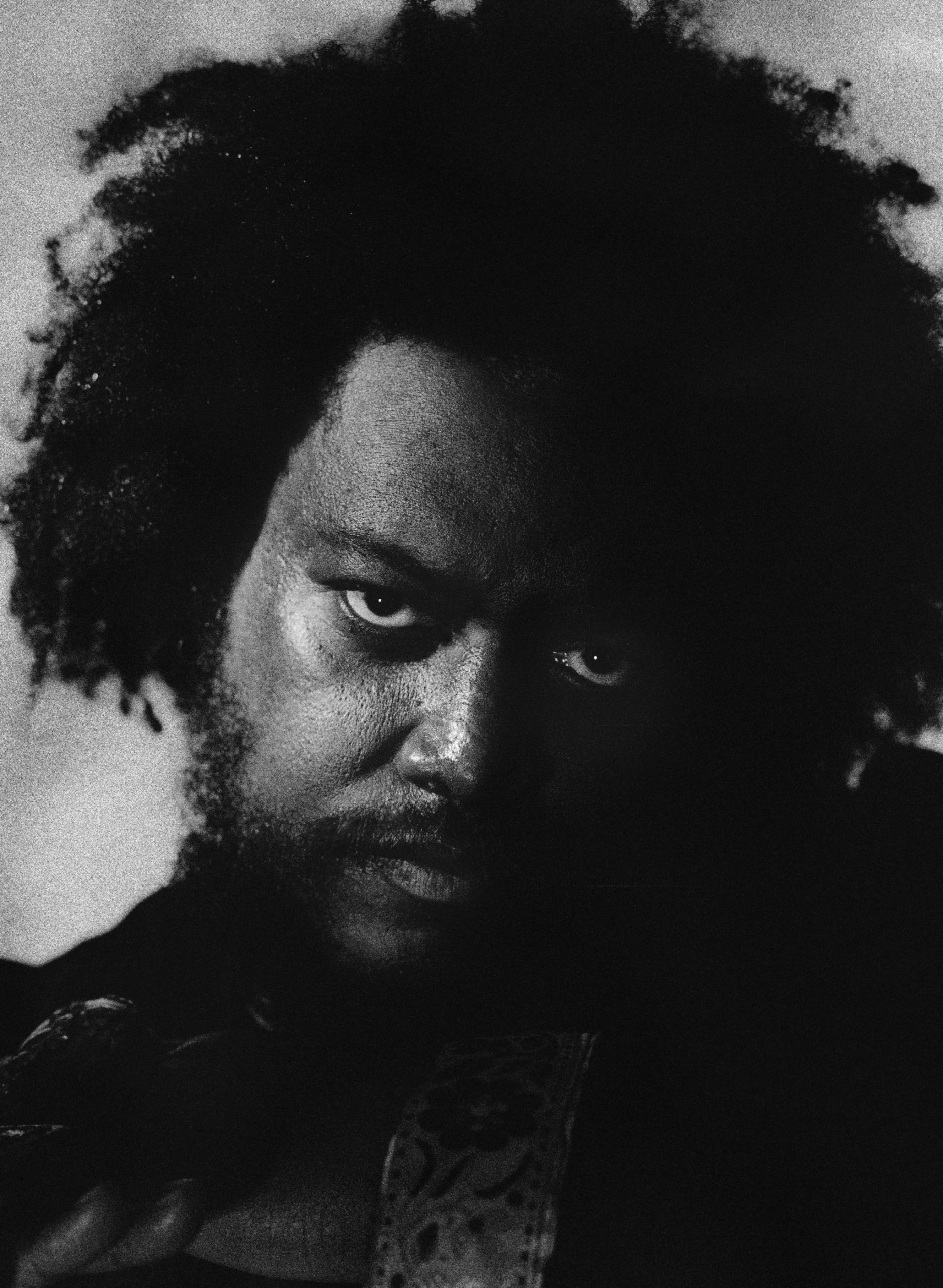
Massed voices return in “The Garden Path” the most coherent melody on the album where the overarching Kamasi vision of thoughtful uplifting messages and celebratory music comes together best. Horns rise and fall in “Interstellar Peace,” while “Road to Self” is a mini-epic moving over 13 minutes between electronica, reverb-bathed horn parts, and a towering performance from Washington. Improvising together and apart, drummers Austin and Bruner also rise to the occasion. In a cover of Astor Piazzolla’s “Prologue”—Washington’s pair of covers, Zapp and Piazzolla, show exceptional taste—, a galloping rhythm powers this joyous romp with solos by trumpeter Dontae Winslow and a deft, driving outburst from Washington’s tenor that rises to an ending of a shrieked single note before the track winds down to horns, piano, and electronics.
Fortunately, Kamasi is also an artist who’s very interested in quality sound on his recordings. Despite twenty-nine musicians, and a veritable forest of overdubs, Fearless Movement sounds very detailed and accurate, with the kind of space in the mix and wide dynamics that befit a grand opus. A total of ten audio engineers, eight studios, a pair of mixing engineers, a single mastering engineer and two “album fashion designers” were required to bring this far-reaching work to life. In purely economic terms, Kamasi’s events do not come cheap. The 3-LP The Epic is around $80 (US$ 60). The 4-LP Heaven and Earth is also around $80. The two, coloured vinyl LPs of Fearless Movement check in at a relatively reasonable $50.
As intense and poignant as these restlessly creative projects are when they come to fruition, Fearless Movement also suggests questions. Have the massive projects now lost their element of surprise? Are they becoming “been there, done that”? After three in a row, will the demands Kamasi puts on listeners eventually wear out his audience? Has the moment arrived in his career for him to record with something less than an army of musicians? What would his playing and thematic thrusts sound like in a quartet, quintet, or sextet? And what would minimalist ballads, where Kamasi could more intimately express himself, where every nuance of his emotional playing would be audible, sound like? Stay tuned.


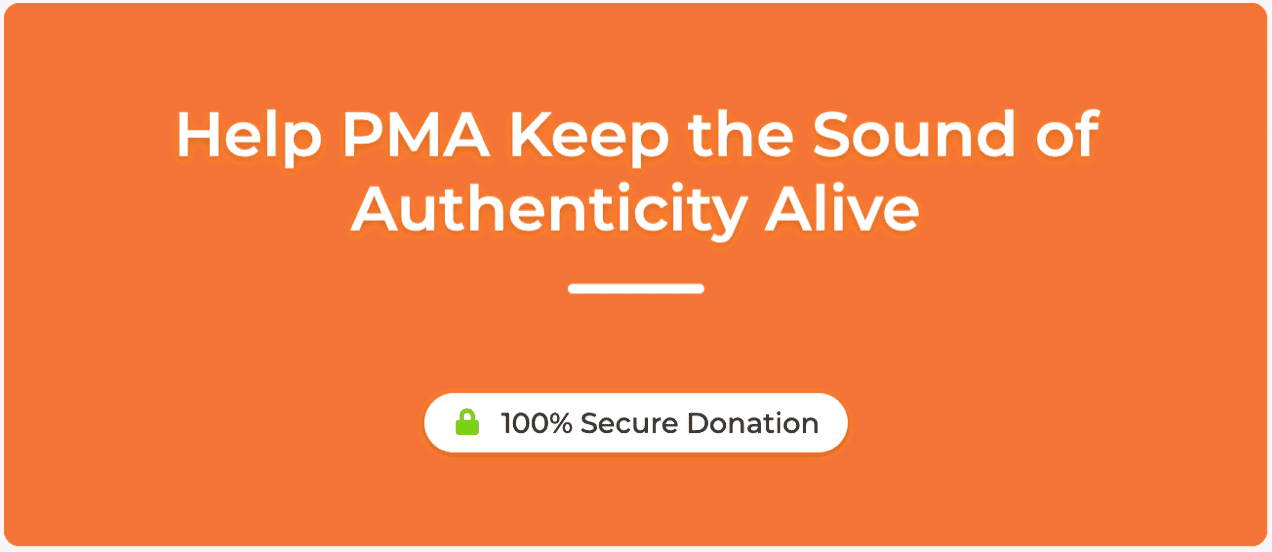

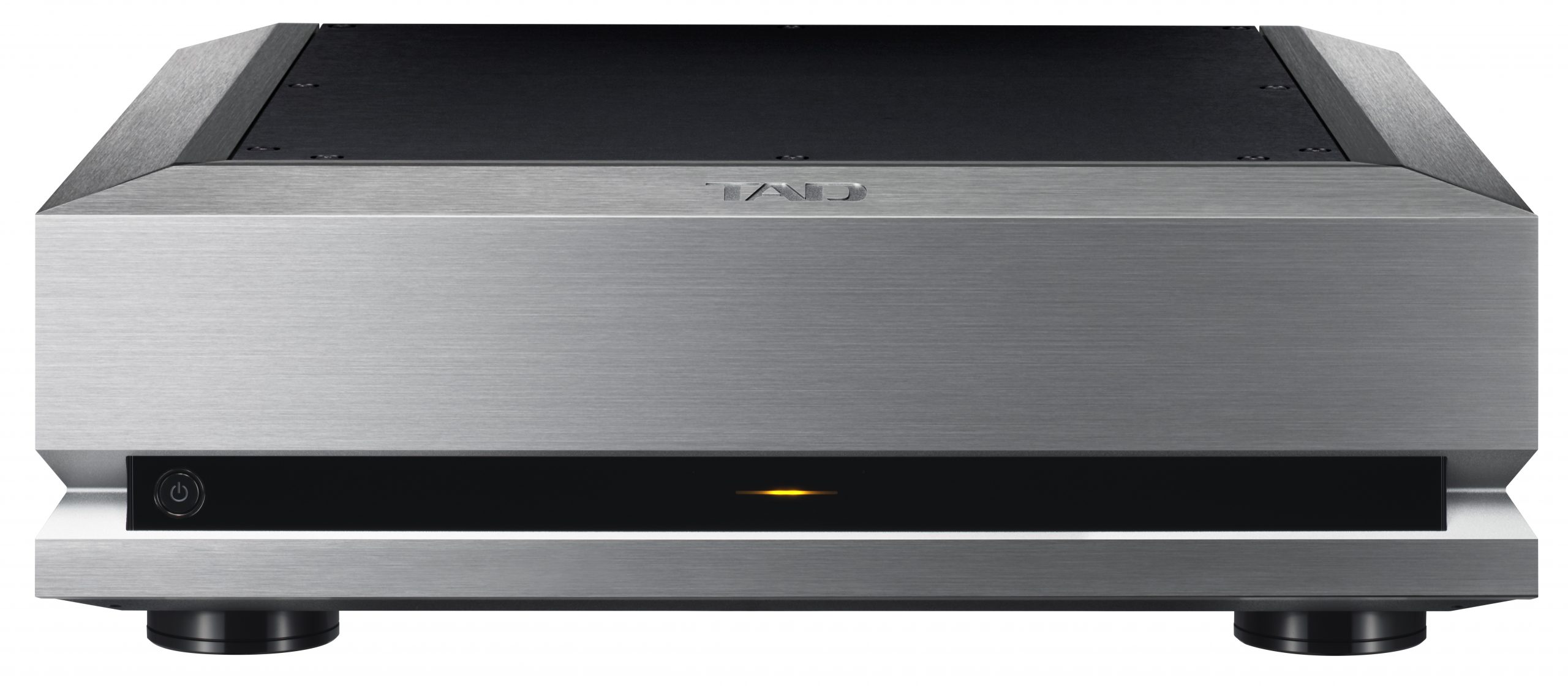



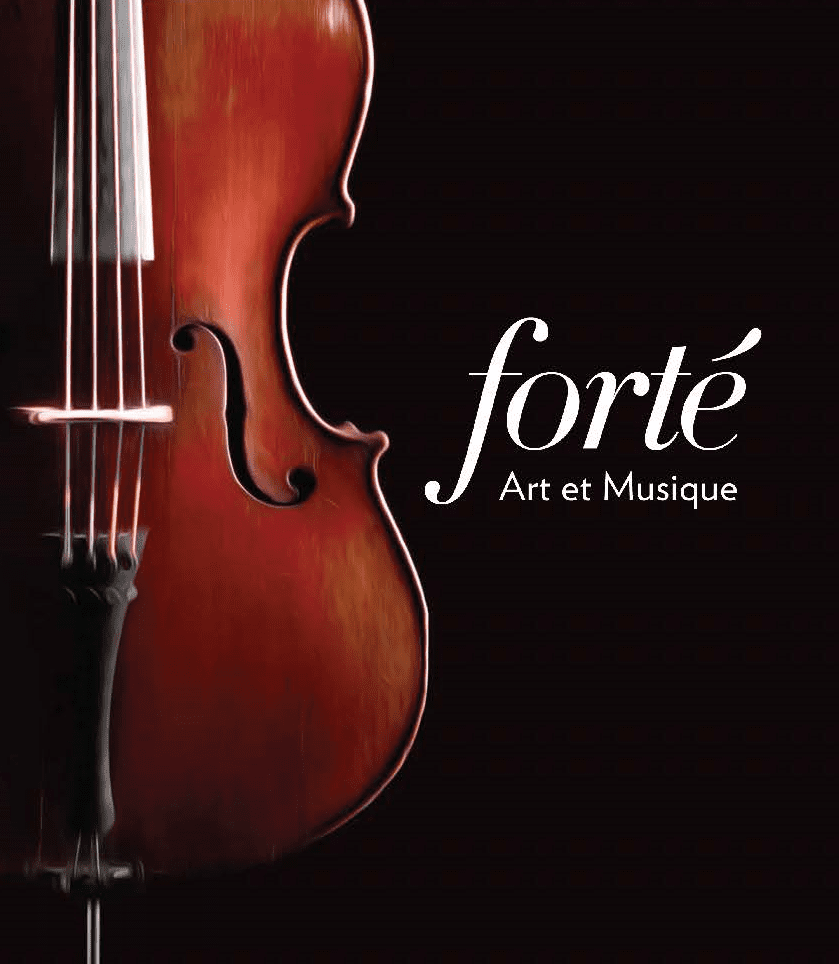
Leave a Reply